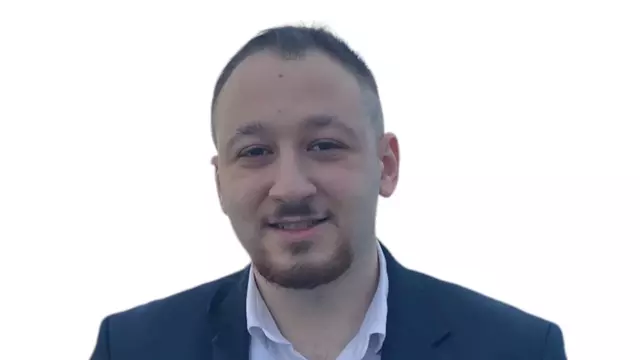Prof. Dr. Felix Schwägerl
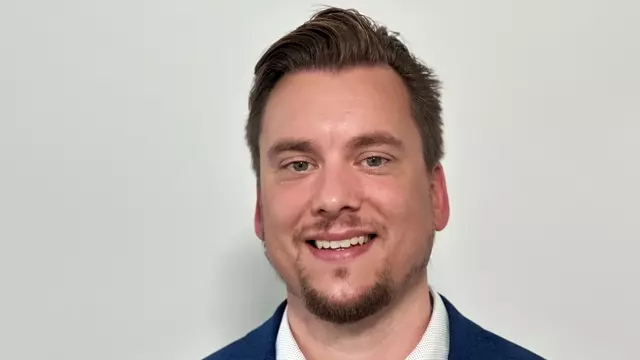
Chair of the exam board International Computer Science
Global Software Engineering
Chair of the exam board International Computer Science
Global Software Engineering
Prof. Dr. Sebastian Fischer
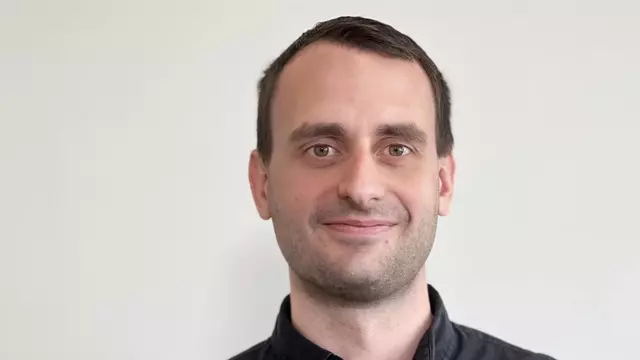
Member of the Examination Board
Member of the Examination Board
Computer Science and System Security
Teaching
Teaching areas
- Cybersecurity
- Internet of Things (IoT)
- Programming
- Basics of computer science
courses in ELO
- Computer Networks
- Computer Architektur
- Grundlagen der Informatik 2
- Informationssicherheit und Compliance
- IoT Security
- Programming 1
- Technical Fundamentals of Informatics
Theses
- Hands-on Learning Platform Cybersecurity (IoT)
- Security investigations of IoT devices
- Current topics
Research
Research interests
- Cybersecurity
- Internet of Things (IoT)
- IT Forensics
- Standards and guidelines
Prizes, certificates, patents
- Certificate in University Teaching Bavaria (2020)
- Funding Award for Innovation and Quality in Teaching: "Learning Level Reflection through Automated Online Tests" (2022)
- SMART vhb grant: "Understanding and using C/C++ compilers, linkers, editors and IDEs" (2022)
Prof. Dr. Martin Weiß

Associate Dean
Vice Dean
Professor for Numerical mathematics
Prof. Dr. Markus Westner
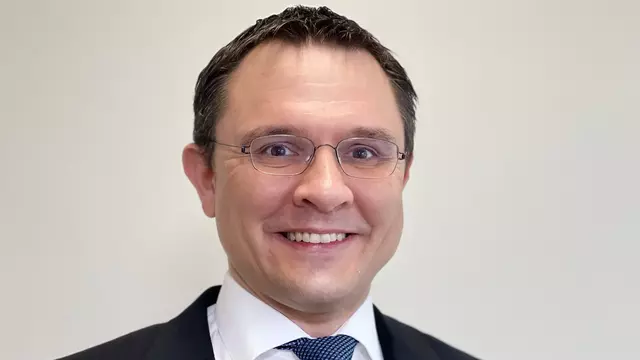
Business Administration, Consulting, Project Management, Strategic IT Management, Research Methods
Dean of Studies / International Coordinator
Beauftragter für internationale Studiengangsentwicklung
Prof. Dr. Stefan Körkel
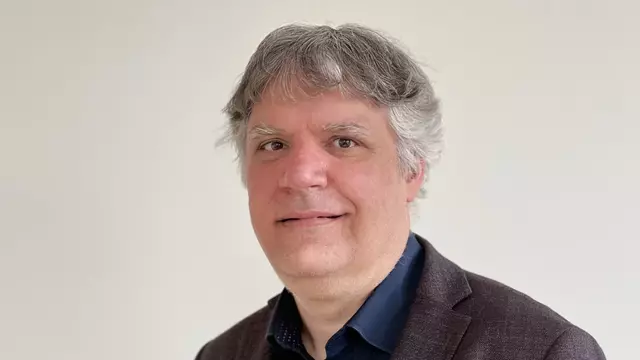
Professor for Mathematics
Applied Mathematics with focus on Optimization
Prof. Dr. med. Georgios Raptis
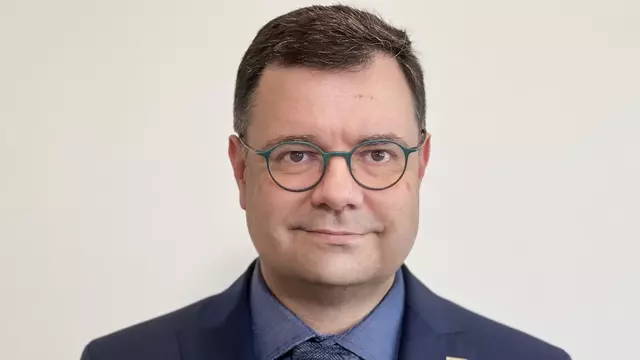
International Coordinator
Informatics / Digital Health
Prof. Dr. Alixandre Santana
Professor for Computer Science
Professor for Computer Science
Prof. Dr. Kai Selgrad
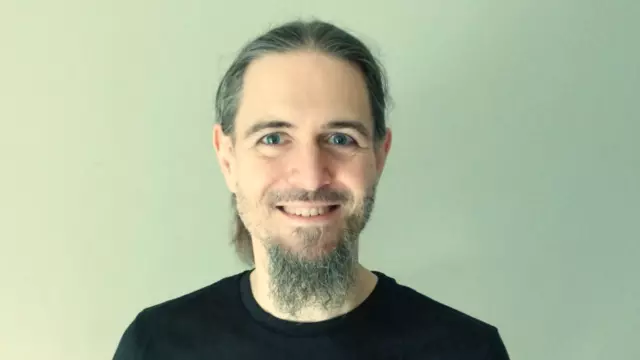
Computer graphics, programming
Aktuelle Einsichtstermine (W24)
Die Klausureinsicht für das Wintersemester findet an folgenden Terminen statt
- am 27.03. ab 15:15
- am 2.4. ab 15:30
jeweils im Grafiklabor, first come, first served :)
Lehre im Winter 2024/25
- Fortgeschrittene Computergrafik (Ray Tracing & Globale Beleuchtung), MIN
- Programmierpraktikum, IN
- Programmieren 1 in C, KI/DS
- Funktionale und Meta Programmierung, FWPM
Prof. Dr. Frank Herrmann
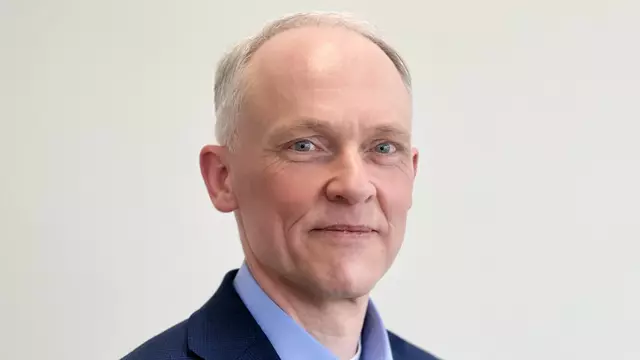
Professor Dr. Frank Herrmann was born in Münster, Germany, and studied computer science and mathematics at RWTH Aachen University, where he received a diploma in computer science in 1989. During his time at the Fraunhofer Institut IITB in Karlsruhe, he received his PhD in 1996 on resource planning problems. From 1996 to 2003 he worked at SAP AG in various positions, most recently as director. In 2003 he became professor of production logistics at the Ostbayerische Technische Hochschule Regensburg. He researches algorithms and optimisation models for operational production planning and control.
He has been dean of the faculty since October 2022.
Dean
Professor for Production Planning and Control
Teaching
Teaching areas
- Quantitative methods in operational production planning and control
- Business informatics
Lectures:
- Current Lectures:
- Production Planning and Control
- Advanced Production Planning
- Previous lectures: see here
Final theses
202420232022202120202019201820172016201520142013201220112010200920082007200620052004
Research
Research interests
For operational production planning and control:
- Quantitative methods.
- (Stochastic) optimisation (models and solution methods).
- Simulation.
- Case studies.
Laboratory(s)
- LIP
- Innovation Center for Production Logistics and Factory Planning (IPF)
- Competence Center for Software Engineering (CC-SE)
Competences
- Focus:
- The main areas of projects and experience can be summarised by IT in logistics. The focus here is on planning problems and inventory management. On the one hand, the decision problems for production planning and control and, on the other, the logistics processes (i.e. warehousing and transport through to supply chain management) are considered. Suitable algorithms for this are offered in today's Enterprise Resource Planning Systems (ERP systems), whose behaviour is controlled by parameters. It is well known that the quality of the business processes controlled by ERP systems depends on these algorithms and, above all, on the parameter settings. I am therefore working on the further development of existing algorithms and the optimisation of parameter settings.
- As standard software is increasingly being used to control business processes, my application-oriented research takes into account the state of the art of standard software with regard to its technology and, above all, the business processes it can support. In any case, an application-orientated approach should also focus on the use of such systems. This leads to the consideration of operational issues as well as the selection and introduction of standard software.
- Data processing systems are used in companies to provide information technology support for business processes. A consideration of IT in logistics is incomplete without taking the corresponding business processes into account. That is why the consideration of business process analysis, design and optimisation rounds off my main areas of work.
- Processing of research projects within the framework of co-operative PhDs.
- IT for companies
Michael Hafner
Lehrbeauftragter
Dipl.-Math., M.Comp.Sc. Beate Mielke
Lecturer
Lecturer
Claudia Durchholz
Secretary
Secretary
MBA Gillian Schimming
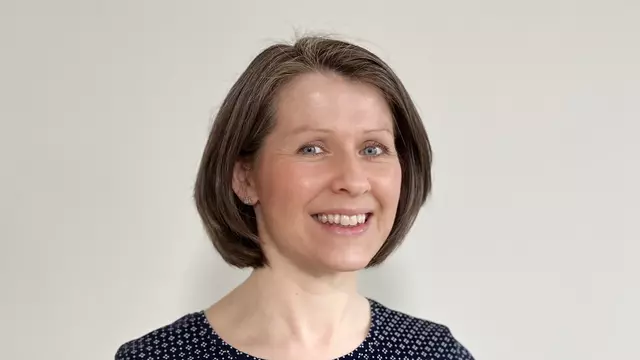
Faculty Assistant
Faculty officer
Prof. Dr. Simone Weikl
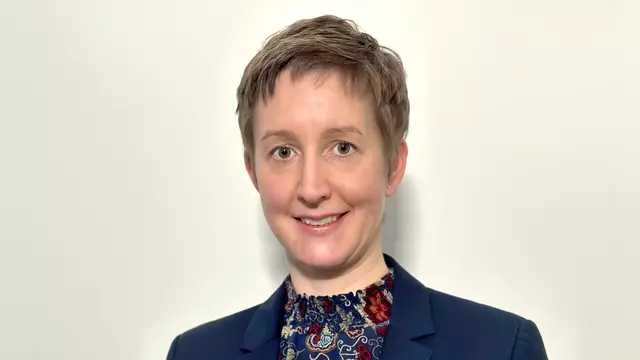
AI for Infrastructure and Urban Development
Teaching
- Fields of teaching:
- Artificial Intelligence for Infrastructure and Urban Development
- Operations Research / Optimisation
- Lectures on ELO:
- Final theses:
The theses explore methods of artificial intelligence in the application areas of transport and mobility of the future, energy, infrastructure and urban development.
You can find advertised topics and further information on ELO.
Please contact by e-mail.
Research
- Research interests:
The Artificial Intelligence for Infrastructure and Urban Development research area investigates how Mathematical algorithms and machine learning methods can be used together with new data sources to optimise infrastructures in the areas of transport, future mobility and energy, as well as for sustainable urban development. Innovative methods are being developed to better understand, plan and manage infrastructures and cities. The focus here is on- Data analysis, fusion and extrapolation
- Planning, expansion and optimisation
- State prediction
- Pattern, damage and deficit recognition
- Dynamic control and proactive utilisation and usage management
- Research centre: Regensburg Center for Artificial Intelligence (RCAI)
Career
- Promotion:
- 2015: Degree as Dr.-Ing., Department of Transport Engineering (Civil Engineering), University of the Federal Armed Forces Munich
- Studium:
- 2006 – 2011: Degree in Mathematics at the Technical University of Munich and Aarhus University (Denmark)
Minor subjects: Computer Science, Economics
Specialisations: Optimisation, Numerics - 2011: Degree in mathematics
- 2006 – 2011: Degree in Mathematics at the Technical University of Munich and Aarhus University (Denmark)
- Professional experience:
- 2023 – today: Research Professor for AI for Infrastructure and Urban Development, OTH Regensburg
- 2023 – 2024: Parental leave
- 2021 – 2023: Postdoctoral researcher and research group leader in traffic engineering, TU Munich
- 2015 – 2021: Technical project manager in the field of data analytics and software development for on-demand mobility services, BMW Group, Munich
- 2012 – 2015: Research assistant / doctoral candidate in traffic engineering, University of the Federal Armed Forces Munich
- External memberships:
- Verein der Freunde der OTH Regensburg
- Vereinigung der Straßenbau- und Verkehrsingenieure in Bayern e. V.
Awards
- 2024: D. Grant Mickle Award, “Outstanding paper Transportation Research Board 2023 in the field of Operation and Maintenance”
- 2016: Research Prize of the University of the Federal Armed Forces Munich
- 2013: Mobil.tum Best Paper Award
Prof. Dr. Peter Maria Wirtz
Mathematics with focus on statistics
Teaching
Fields of teaching
- Probability theory
- Statistics
- Linear algebra
- Calculus
- Differential geometry
Lectures on ELO
- Probability theory and statistics 1 & 2
- Statistical methods
- Linear algebra 1 & 2
- Calculus 1 &2
- Differential geometry
- Mathematics 1 & 2
Research
Research interests
- Probability theory
- Statistics
- Multilinear algebra
- Differential geometry
- Theoretical physics
- Astronomy
Career Path
Academic Studies
- Study of mathematics and physics (minor subject) at the Saarland University
Graduation
- Graduation at the University of Erlangen-Nuremberg
Occupational experience
- Scientific assistant at the computer centre of the Saarland University
- Scientific assistant at the University of Erlangen-Nuremberg
- Biostatistician at the department of clinical research at Hoechst AG, Frankfurt/Main
- Professor of mathematics (with main emphasis on statistics) at OTH Regensburg
Activities in specialist organizations
- Consultant for the selection committee at the German Academic Scholarship Foundation (Studienstiftung des deutschen Volkes e. V.)
- Consultant and mentor for the Max-Weber-programme
- Member of the Elite Network Bavaria
Prof. Dr. Sebastian Stadler
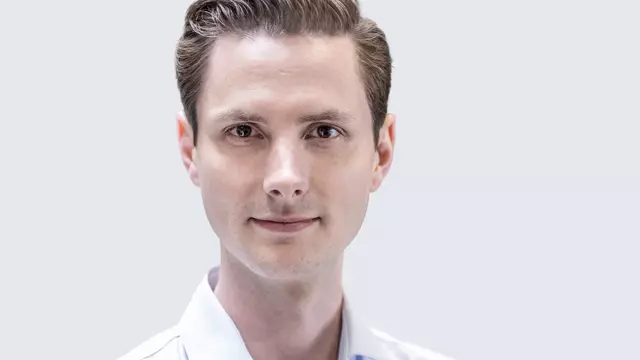
User Experience für digitale Produkte und ⠀ Virtual Reality
Prof. Dr. Filippo Riccio

Applied Mathematics
Prof. Dr. Ahmet Kara
ICS Academic Advisor
ICS Academic Advisor
Prof. Dr. Titus Dose
Industrial Placement Coordinator ICS
Member of the Examination Board ICS
Theoretical Computer Science
Prof. Dr. Stephan Scheele
Theoretical Computer Science and Artificial Intelligence
Ana Mendez de Vigo
Employee for internationalization
Employee for internationalization
Nele Hansen
Contact International Degree-Seeking Students IM
Program Coordinator BSc International Computer Science
Prof. Dr. Anja Schmiedt
Mathematik (Statistik, Aktuarwissenschaften)
Prof. Dr. Martin Sachenbacher
Theoretical computer science and quantum computing
Prakhar Bhardwaj
Scientific Staff Member AI for Infrastructure and Urban Development
Tobias Klama
Scientific staff member for laboratories at the Prüfening site
Hussein Bachir
